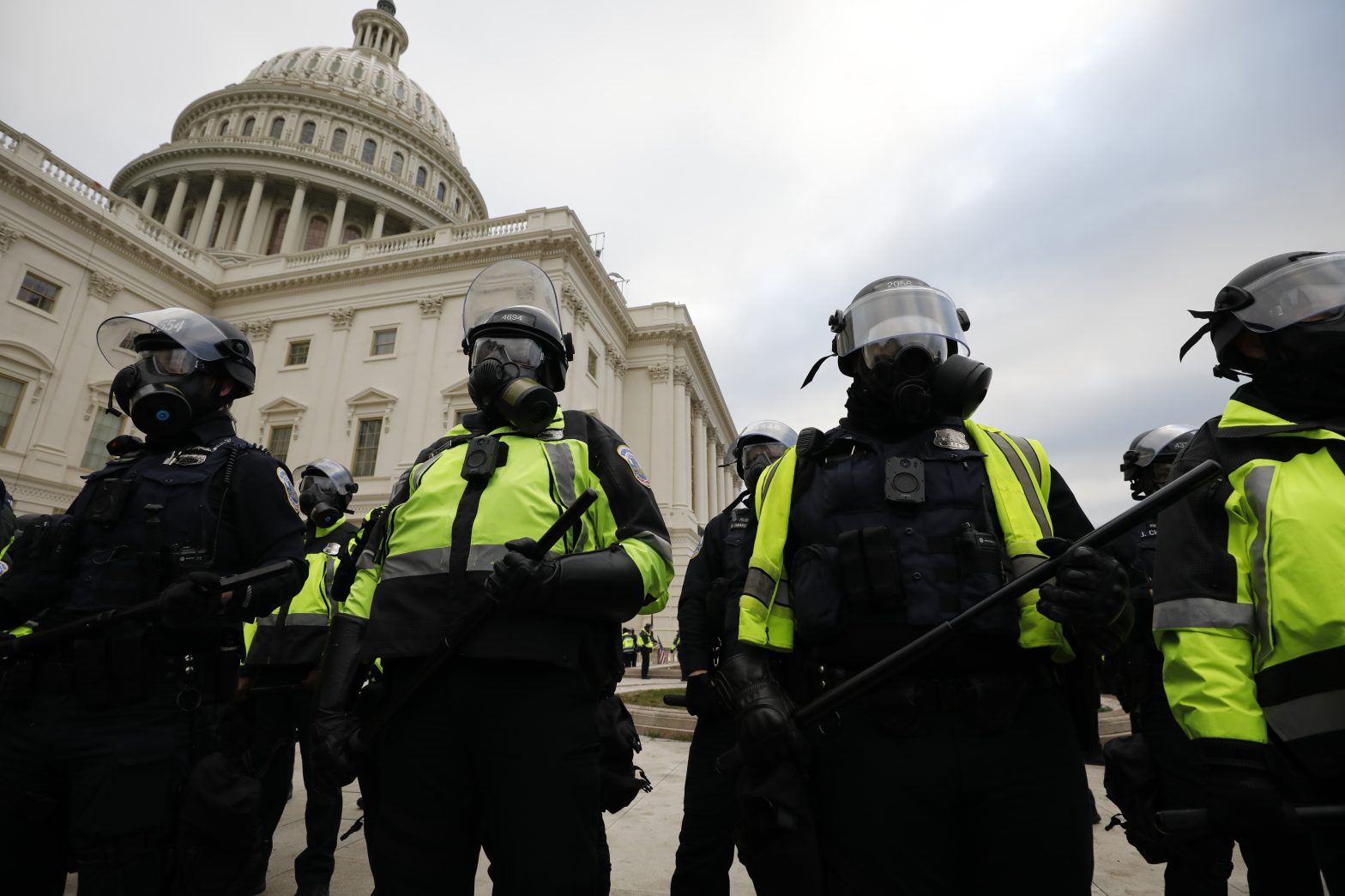Experts Tell Congress to Prepare for Conflicts with Domestic Terrorists

WASHINGTON — Some domestic terrorism experts left no doubt during a congressional hearing Thursday they believe new laws and intelligence procedures are needed to avoid the kind of violence displayed during the Jan. 6 attack on the U.S. Capitol.
They predicted the threats from domestic terrorists will continue for years rather than being a short-term problem aggravated by former President Donald Trump’s tough talk.
Trump told a crowd of supporters during a Jan. 6 rally in downtown Washington that voter fraud deprived him of reelection. He suggested the crowd march to the Capitol to protest.
“This act exposed in the darkest terms the threat we face from domestic terrorism,” said Christopher Rodriguez, director of the District of Columbia’s homeland security and emergency management agency.
He recommended to the House Homeland Security Committee a five-part plan that includes more information-sharing among security agencies about potential civil disruption, placing a higher priority on insider tips about threats among government workforces and enacting “a domestic terrorism statute.”
For the near-term, he suggested keeping National Guardsmen posted near the Capitol until risks of another insurrection die down.
He also said control of the National Guard in the District of Columbia should be shifted to the mayor, rather than the Defense Department, for a faster response to emergencies. A three-hour delay in a National Guard response to the Jan. 6 insurrection was commonly blamed for the invasion of the Capitol and the ensuing five deaths.
“These threats are not going away,” Rodriguez said.
His suggestions contained proposals similar to a leading bill reintroduced in Congress Jan. 14.
Called the Domestic Terrorism Prevention Act (H.R. 5602), it would authorize creation of new offices within the Departments of Homeland Security, Justice and the FBI to investigate and prosecute domestic terrorism. The bill would require the agencies to report to Congress on domestic terrorism threats, particularly from white supremacists.
The agencies also are supposed to make the investigations and prosecutions a higher priority under their protocols.
The bill was passed by the House of Representatives Sept. 21 after FBI Director Christopher Wray warned Congress that domestic terrorism threats were at the highest level in decades. It never made it to a vote in the Senate last year.
“For too long, we have failed to take action to combat this deadly menace in our own backyard,” said Sen. Dick Durbin, D-Ill., when he reintroduced the Domestic Terrorism Prevention Act last month. “The federal government must step up to address this threat and ensure that more Americans are not violently attacked because of who they are or what they believe.”
At the House hearing Thursday, Homeland Security Committee Chairman Bennie G. Thompson, D-Miss., sought answers about why a security lapse led to an invasion of the Capitol.
“I’m hoping the Biden administration will do a better job to confront this threat,” Thompson said.
Rep. John Katko, R-N.Y., said Congress should organize a national commission to review the security failure and to recommend changes. He also said the congressional response should be bipartisan.
“We can’t play politics with national security,” Katko said.
He cautioned against believing the problems started and ended on Jan. 6.
“Just like September 11, we will never forget,” Katko said.
One domestic terrorism expert advised the committee against a knee-jerk crackdown that could infringe on Americans’ First Amendment rights of free speech and right to protest.
Brian Jenkins, a senior advisor at the non-profit public policy organization RAND Corp., said new anti-terrorism laws could create civil rights risks by giving law enforcement personnel too much discretion in defining which groups and individuals should be classified as terrorists.
“That is going to be a long and futile argument,” Jenkins said.
A better option would be to use existing laws to target only the most violent extremists, he said.
Recent examples he mentioned included vandals who damaged the homes of political leaders and right wing extremists who tried to kidnap Michigan Gov. Gretchen Whitmer in an attempt to overthrow the state government. The FBI arrested 13 men last October in the kidnap attempt.






















